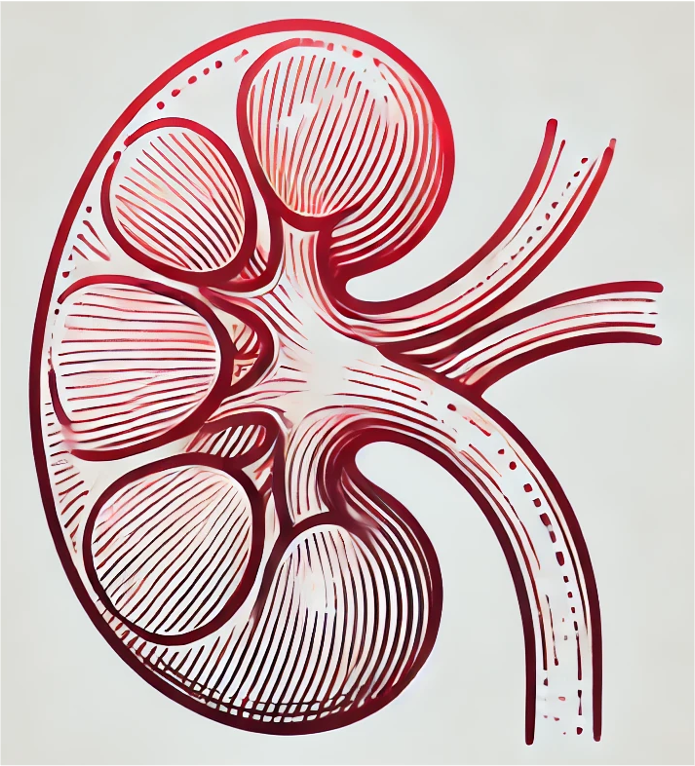Description
Cisplatin is a chemotherapeutic drug used for the treatment of solid tumors and hematological malignancies and it is considered as a gold standard therapy in oncology. Its nephrotoxic effect has been largely investigated in vivo but a comprehensive overview that illustrates the effect of cisplatin not only in kidney but also on the entire organism at the same time is still missing. Here we established a stable model of cisplatin-induced acute renal injury in immune competent Sprague Dawley (SD) rats and described the systemic effects of the aforementioned drug. A broad panel of plasma and urine parameters was checked, the histology of different organs was evaluated and the assessment of renal function was measured by using an innovative transcutaneous device. Additionally gene expression profiling with RNAseq technology was performed. Changes in renal injury markers, such as plasma creatinine and urea and urinary albumin, were detected already 2 days after cisplatin administration. Renal function was seriously compromised and so the cytoarchitecture of the kidney. Inflammation was found in liver, lungs and heart. Gene expression profiling of renal tissue revealed 6333 significant differentially expressed genes, 49 pathways and 14 miRNAs.
Overall Design
SD rats were treated with 7mg/kgBW cispaltin or Saline Solution (Ctrl) and sacrificed 15 days after.
Curator
hy_li
